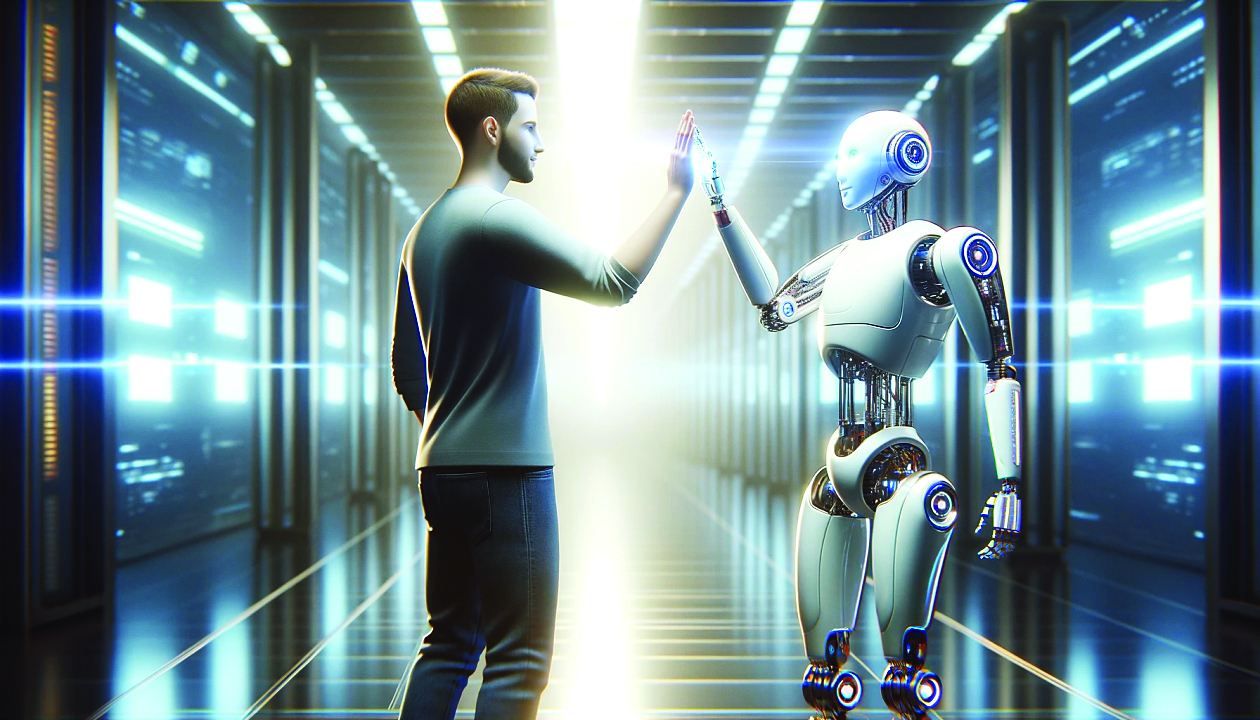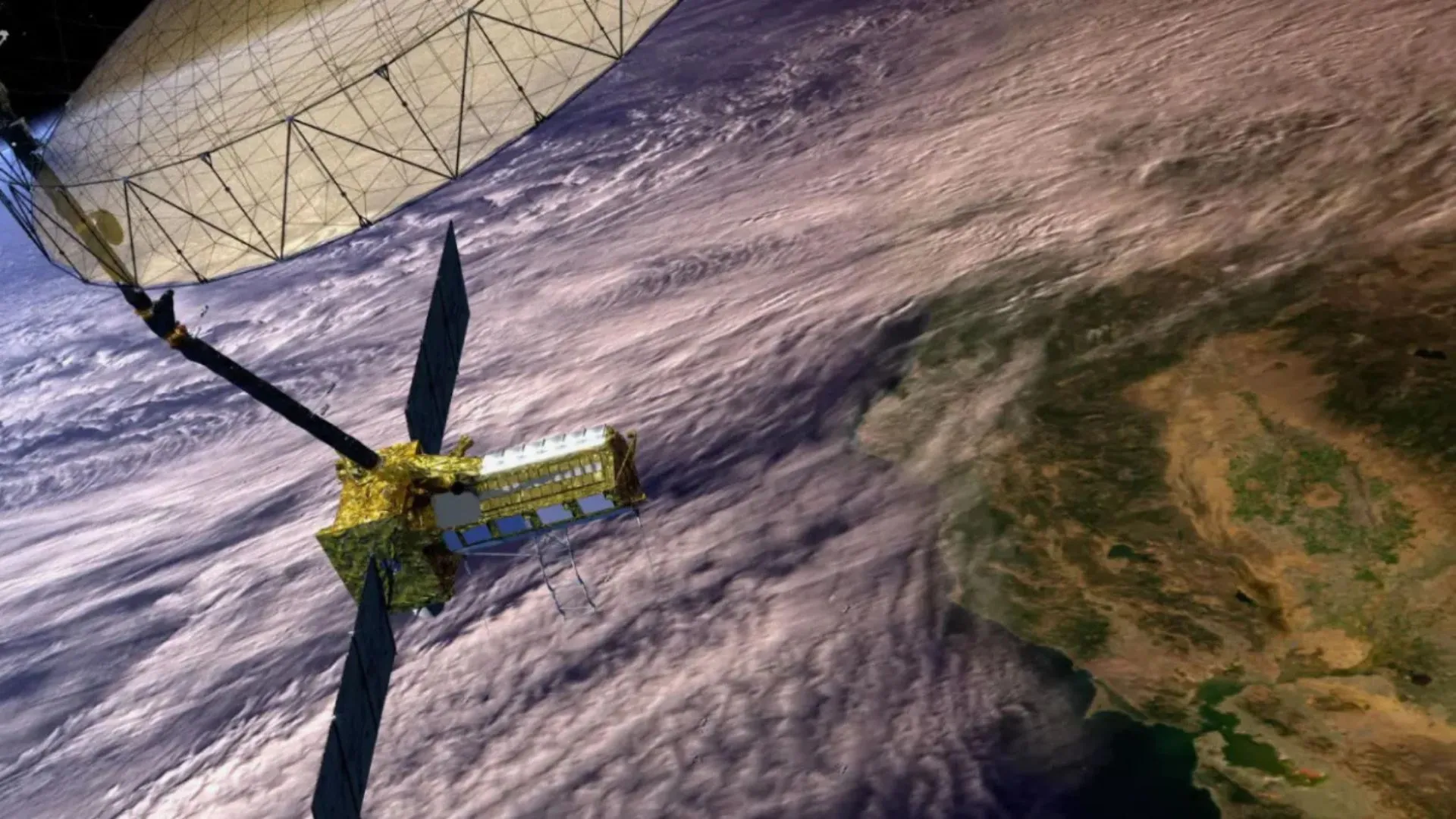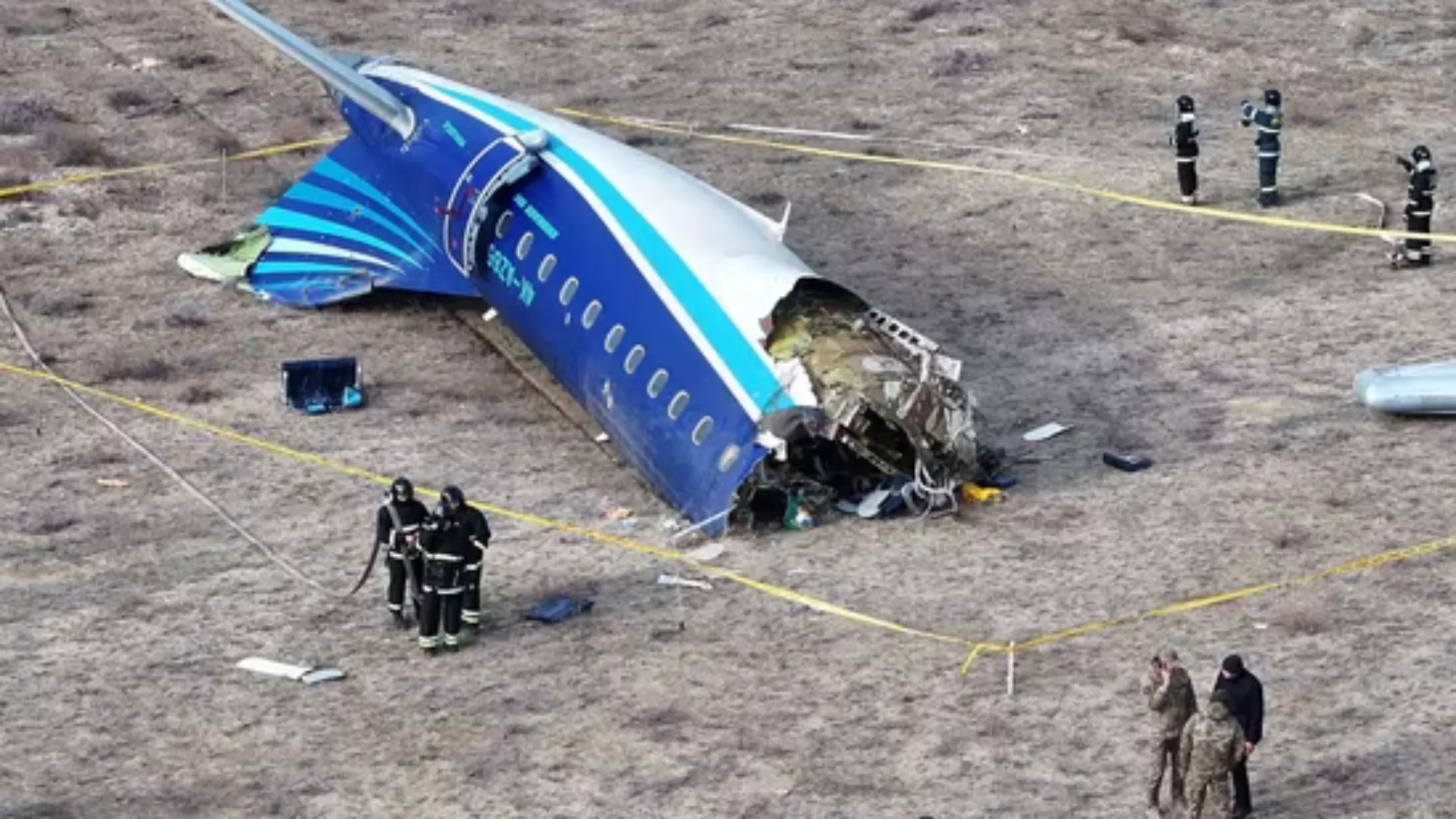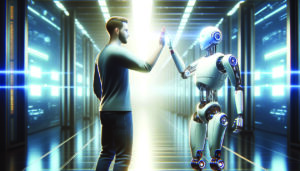We’re on the cusp of a transformative era in which artificial intelligence (AI) and robotics are merging, bringing about profound changes in our daily lives, industries, and even the way we perceive our world. This convergence is critical because it isn’t just a technological revolution as we have seen before—it’s reshaping our societal fabric, challenging our norms, and opening new frontiers of possibility.
The New Unknown Frontier
Once confined to science fiction, AI-enhanced robots are now a reality, moving beyond simple tasks to roles that require complex decision-making and precision. Whether it’s robots performing delicate surgeries with greater accuracy than human hands or unmanned drones being used for surveillance and delivery, these machines are increasingly integral to our lives.
The Global Stage
Take a look at how countries like Israel and China are leveraging this technology. Israel uses AI-driven tech to enhance its defence capabilities, conducting operations with precision while minimizing human risk. Meanwhile, China is doubling down on robotics to bolster its manufacturing sector and push boundaries in healthcare and urban management. This global uptake of AI robotics underscores their growing significance in both economic and strategic contexts.
Opportunities and Ethical Dilemmas
The benefits of AI and robotics are as vast as they are thrilling. Robots can take over dangerous or monotonous tasks, freeing us to focus on creative and interpersonal activities that enrich our lives. They promise greater efficiency in industries from agriculture to healthcare, where precision and reliability are crucial.
However, these advances come with significant challenges. The automation of jobs could displace large segments of the workforce, necessitating a rethink of our educational and economic systems to support transitions and mitigate disparities. Moreover, the integration of AI into our personal and professional spaces raises pressing questions about privacy, security, and the autonomy of machines.
Looking Ahead
Imagine a future where nanorobots monitor and maintain our health at a cellular level, or where your car not only drives itself but anticipates your schedule and needs. This future is exciting, but it also requires careful consideration of the ethical implications and potential risks.
As AI and robotics become more embedded in our lives, we must remain vigilant about the values we cherish and ensure that technological progress does not outpace our moral and ethical frameworks. Philosophers, ethicists, technologists, and policymakers must work together to steer this technology towards outcomes that uplift and benefit humanity as a whole.
Summing Up
The convergence of AI and robotics is a pivotal shift in the human story. How we manage this transition will have lasting impacts on our societal structures, economies, and personal lives. While I recommend we view this path with cautious optimism, I am certain it holds opportunities for growth and improvement in the quality of human life.














